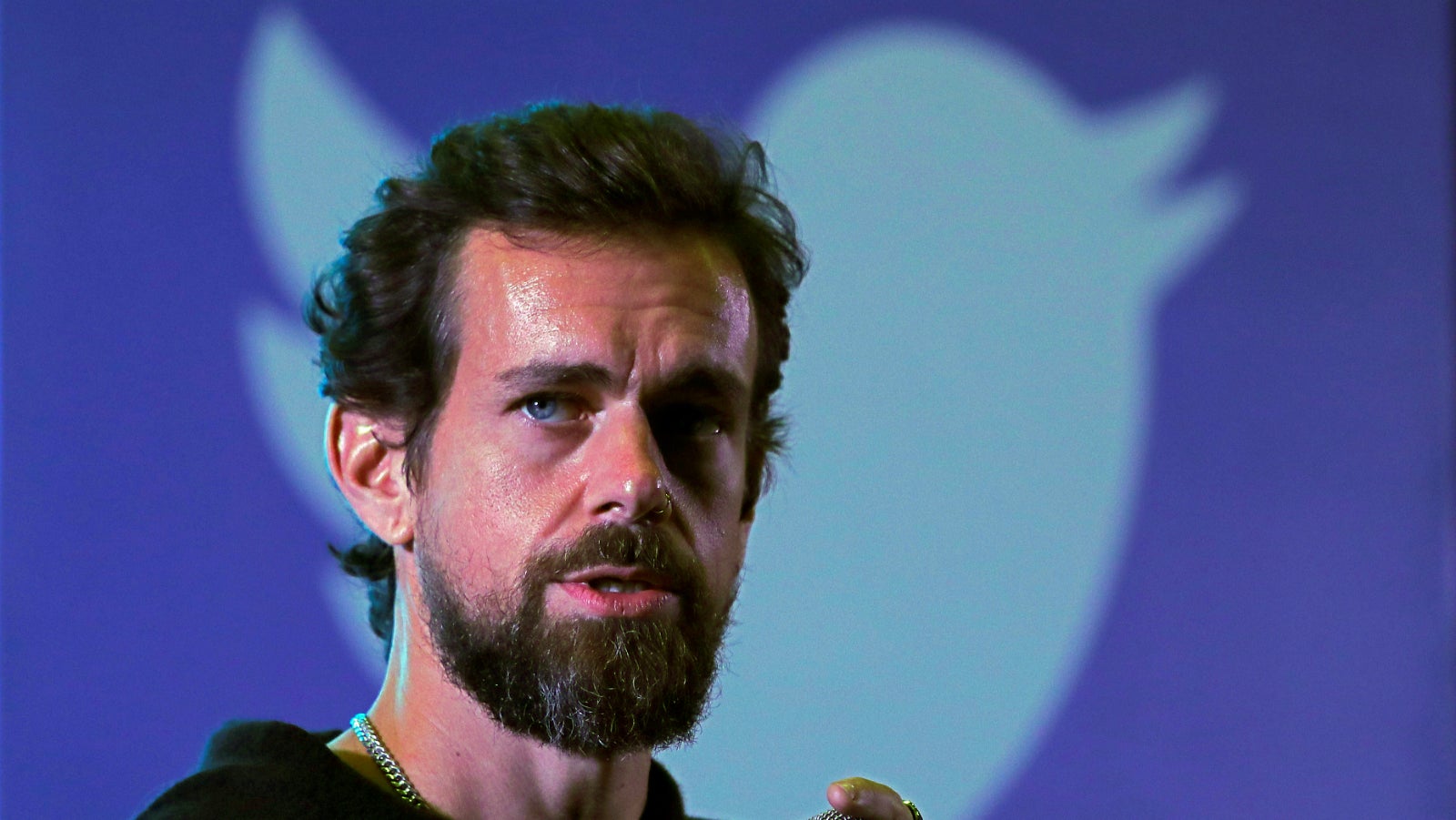Why did Twitter’s Jack Dorsey publicly respond to an American journalist but not Barkha Dutt?
It’s been four days since Barkha Dutt, one of India’s best-known TV journalists, publicly criticised Twitter for allegedly failing to act against the gendered harassment she has faced on it.


It’s been four days since Barkha Dutt, one of India’s best-known TV journalists, publicly criticised Twitter for allegedly failing to act against the gendered harassment she has faced on it.
While the microblogging platform has publicly commented on one part of Dutt’s incident—why she was temporarily penalised by being locked out of her account—it has not addressed the part of her complaint that raises issues with the company’s failure to deal with online threats against women.
But that’s not how Twitter always treats such complaints.
In July 2018, Twitter CEO Jack Dorsey had personally responded to Maggie Haberman, an American journalist who, like Dutt, expressed concerns about being attacked on Twitter.
A digital mob
On Feb. 18, Dutt tweeted a screenshot of a complaint she emailed to Twitter, saying the website had temporarily locked her out of her account. It had done so, she said, because she had tweeted some identifying details of men who had allegedly sent her abuse, including obscene photographs and rape threats.
Her email explained that the microblogging platform itself had been used to circulate her phone number to enable people to send hundreds of abusive messages in the first place. She said that while “over the years Twitter has routinely been used to harass, abuse and smear women in India,” including herself, none of her complaints has been acted on.
“If only you had shown one fourth the decency in cleaning your own backyard your intervention today may have had some authenticity,” Dutt’s email to Twitter said. “For the moment you have revealed yourself to be vile enablers of sexual abuse and violence.”
Dutt’s complaint comes soon after Twitter was summoned by a panel of the Indian parliament over allegations that it is biased against the right wing. Dorsey, who failed to attend an earlier hearing, is due to appear before the panel on Feb. 25.
A day after Dutt initially posted the email to Twitter, she tweeted again to say she had filed an official complaint with the Delhi police, and that she continued to receive abusive messages. She urged other police departments to intervene in her case.
India’s National Commission of Women has urged speedy investigation of the threats Dutt has faced. Amarinder Singh, the chief minister of Punjab, has voiced his support for her, and said he had directed the state’s police to “put an end to this vile trolling.”
However, no such statements have been made by Twitter.
“If we identify a Tweet that violates the Twitter Rules, there are a range of enforcement options we may pursue. These include requiring a user to delete a Tweet, and/or being temporarily locked out of their account before they can Tweet again,” a spokeswoman for Twitter told Reuters about the incident. But no authority from Twitter, least of all Dorsey, seems to have commented on Dutt’s serious allegations that the platform has turned a blind eye to harassment and threats.
Twitter did not immediately respond to queries; this piece will be updated as and when a response is received.
A striking contrast
When Maggie Haberman, a journalist for The New York Times, wrote an article last June about why she had decided to tweet less—in part because she faced “viciousness” and “toxic partisan anger” on it, Dorsey responded with an entire thread of comments, acknowledging her critiques as “fair,” and acknowledging how much work Twitter still has to do.
Dorsey’s reason for responding to Haberman and not Dutt cannot credibly be one of prominence: the former has just over a million followers, and the latter almost seven million. It also cannot be about the urgency of the critique: Dutt’s complaint, unlike Haberman’s, raises issues of serious threats to personal safety.
Dutt’s tweets have also sparked responses from other Indian women, many of whom have similar complaints and thoughts about Twitter. If Dorsey’s public response to Dutt is silence, what can Indian women—ones who don’t have millions of followers, no less—expect to think about how much Twitter prioritises their safety?